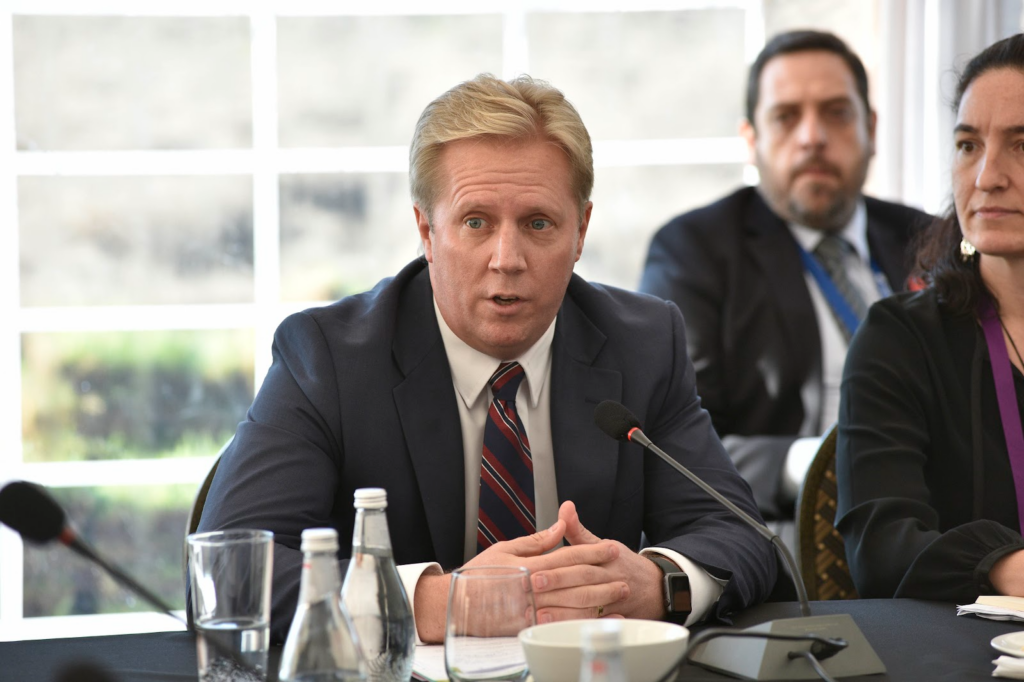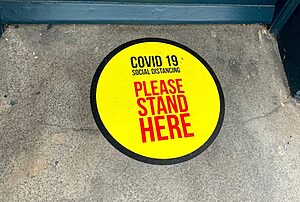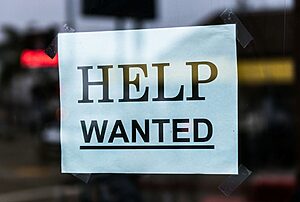In brief
- National unveils its new firearms policy, which they say is designed to keep Kiwis safe.
- Central to the policy is giving police powers to conduct warrantless search and seizures of weapons from known criminals, gang members and their associates.
- The party also wants to make it cheaper for licensed and lawful firearms users to legally obtain weapons.
National proposes new search and seizure powers for police
National says its new firearms safety policy is meant to draw a distinction between criminal and unlicensed use and lawful, responsible and legitimate firearm use.
Central to the policy is National’s aim to give police greater search and seizure powers in fighting gangs and criminals who pose a risk to public safety. They propose warrantless searches and confiscation of weapons of known gang members and convicted criminals. They want to make it easier to disqualify gun ownership where there’s a risk to public safety and prohibit not only gang members, but associates from owning firearms.
They propose to bolster firearms safety training and shift responsibility for developing, administering, and implementing firearms law and policy from the police to the Ministry of Justice. They would involve the civilian Council of Licensed Firearms Owners (COLFO) in a formal role to develop firearms policy.
Licensing fees
National also wants to cut gun licence renewal fees as they say they’re higher than they should be and don’t curb illegal use. Their policy paper states gang members are committing more firearms offences under Labour and ignoring lawful processes to obtain a firearms licence.
Meanwhile NZ Police want the opposite, saying costs of licensing have increased with inflation and fees should reflect that. Their proposal would be the first price increase in 24 years. A licence currently costs $126.50 for each of the initial five-year and the ten-year extension. But under the proposed rates a first-time applicant would pay $625.50 for each. Hunting advocates are concerned the increase would disincentivize acquiring firearms through the proper process.

A tale of two electorates
Farmers, hunters and sport shooters have lobbied for changes to gun laws they say are too restrictive, and say better laws, not more laws, are needed regarding gun ownership.
On one hand the ACT party said National’s policy doesn’t go far enough. Spokesperson Nicole McKee says they are only “tinkering”: “ACT’s priority is to repeal the Arms Legislation Act and ensure that the focus is on the illegal use and ownership of firearms by criminals – this is where the real harm to our communities is occurring.”
The Green Party, on the other hand, wants greater restrictions placed on the public accessing firearms. They’ve previously argued that tough on crime approaches disproportionately affect Māori.
Human rights vs public safety
The last major overhaul of firearms legislation happened after the March 15th, 2019 mosque attacks in Wellington. A raft of procedures were brought in to restrict firearms use including bans on so-called assault weapons and Firearms Prohibition Orders (FPOs) that made it possible to place controls on specific people in relation to firearms use and acquisition.
At that time FPOs had been favoured by National, and the Government quickly adopted the in the wake of the terror attacks. Critics maintained the FPOs were a violation of human rights. National’s new policy builds on the current FPO policy by now advocating for the types of police search and seizure powers they say are necessary to thwart criminals, gang members and terrorists.



















